Teachers and other education professionals deal with children who have experienced or are currently experiencing ACEs. They are on the front lines of helping our community’s children through difficult circumstances, and they play an important role in our children’s development. We met with Andy Ingall, Superintendent of Grand Haven Area schools, to talk more about ACEs and local schools’ awareness of childhood trauma.
ACEs are things that happen in a young person’s life that have a long-term effect, that can change the course not only of their emotional health and wellbeing, but also potentially physical health as well. For Andy, learning about the framework of ACEs very strongly impacted the whole context of education.
“The things happening in the home impact our students in the classroom, their interactions with peers, and their interactions with adults.”
Andy talked about children who have experienced abuse being unable to trust people, especially adults in their lives. He and his staff are on the lookout for signs of childhood trauma or trouble at home, and they’re able to have the tools and support available to help those children, such as additional help with homework, social workers, food programs, and more. Their staff does screenings for students who may be having behavior issues so they can find out what kinds of extra support those students need so they can overcome their circumstances and bounce back.
“Anyone impacted by ACEs needs trusted relationships in their lives to help them develop resilience.”
At Grand Haven schools, the staff is passionate about responding to these students’ needs and adjusting their continuum of care based on each individual. Early treatment and addressing of childhood trauma has the most success in children’s long-term health and wellbeing. They also believe that promoting awareness is a huge piece of helping our community thrive. People tend to talk openly about divorce or other difficult circumstances, but talking about abuse and mental health still has a stigma.
“One of the biggest things about improving mental health is ending the stigma surrounding it. You can’t just say, ‘I’m going to put this behind me.’ You can’t pretend it didn’t happen; you need to seek support so you can move forward into a healthy and productive life.”
Andy believes that we live in a world where we expect things to be perfect. It might be that we always want our image on Facebook or Instagram to look just right, but human life is full of adversity. And if we don’t share that with each other, we will continue to feel alone. He also believes it’s important for children to have a safe place where they’re allowed to fail and get back up again. And if they don’t have that at home, they strive to provide that environment at school.
“We can persevere, persist, and work through our problems. But we can only do that if we’re in a trusted and supportive place.”
We appreciate being able to talk with you about ACEs, Andy!
